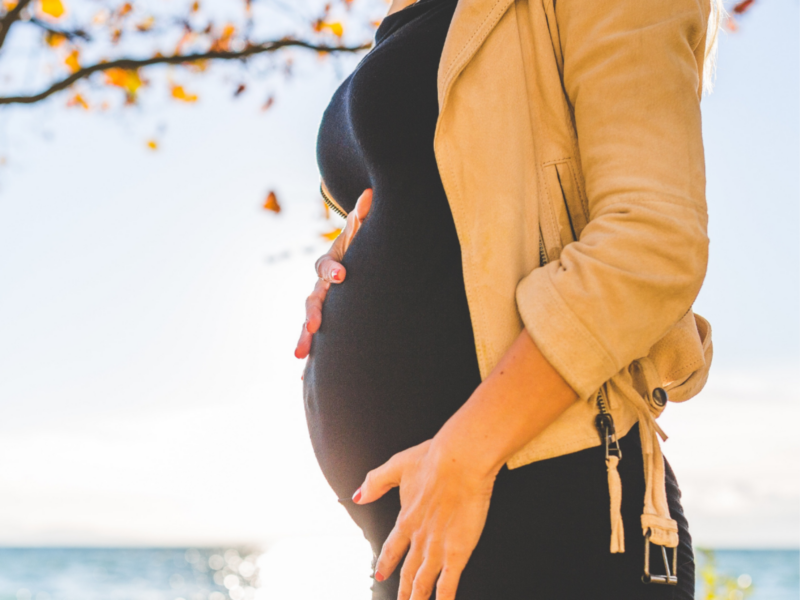The Impact of Recreational Cannabis Laws and Cannabis Use Disorder Among Pregnant Patients

To date, the American College of Obstetricians and Gynecologists advises pregnant patients not to use cannabis because of the increased risks of health complications to the pregnant individual and the newborn. However, as states expand access to recreational or medical cannabis, there is growing evidence of increased cannabis use and positive perceptions of cannabis among pregnant patients.
To guide public health interventions during a time of increased cannabis use and legalization, lead author Angélica Meinhofer, a CHERISH Research Affiliate and an assistant professor of population health sciences at Weill Cornell Medicine, shares new comprehensive findings that report how cannabis liberalization policies and cannabis use disorder impact maternal and newborn health.

Angélica Meinhofer, PhD
Maternal hospitalizations involving cannabis increased but have limited impact on newborn health.
In September 2021, Meinhofer and colleagues published a working paper in the National Bureau of Economic Research (NBER) and found that within the first three years after states adopted recreational cannabis policies, maternal hospitalizations involving cannabis use disorder increased by 23% and maternal hospitalizations involving tobacco use disorder decreased by 7% in those states. Findings also show that recreational cannabis laws had modest to no adverse effects in the newborn health outcomes considered.
However, Meinhofer stressed that “the null findings do not refute evidence that in utero exposure to cannabis can be harmful for newborns.” The results suggest that the recreational cannabis policies, were “not associated with net changes in newborn health at the population-level that are statistically detectable or economically meaningful in the first three years after adoption.” Further research is encouraged to evaluate the long-term effects of recreational cannabis laws on maternal health and newborn health outcomes.
There is substantial increase in prenatal hospitalizations involving cannabis use disorder and increased prevalence of psychiatric and medical conditions in patients with cannabis use disorder.
In November 2021, Meinhofer and colleagues published a JAMA Psychiatry study showing that prenatal hospitalizations with cannabis use disorder increased by 150% from 2010 to 2018. The prevalence of depression, anxiety, and nausea disorders was elevated in pregnant patients with cannabis use disorder relative to pregnant patients without cannabis use disorder. From these findings, investigators highlight a need for research to guide policymakers and clinicians and inform pregnant patients about the health consequences of cannabis use disorder during pregnancy. “Hopefully these findings will motivate better conversations between pregnant patients and their health care providers,” said Meinhofer.
The study, Cannabis liberalization policies and perinatal health, was published at the Journal of Health Economics and National Bureau of Economic Research (NBER), and supported by a CHERISH pilot grant awarded to Angélica Meinhofer in 2019. Read the articles about this study written by colleagues at RTI International and Indiana University.
The study, Comorbid behavioral and medical conditions associated with cannabis use disorder in pregnancy, was published in JAMA Psychiatry on November 3, 2021. Read the article about this study originally posted by the Columbia University Department of Psychiatry newsroom.